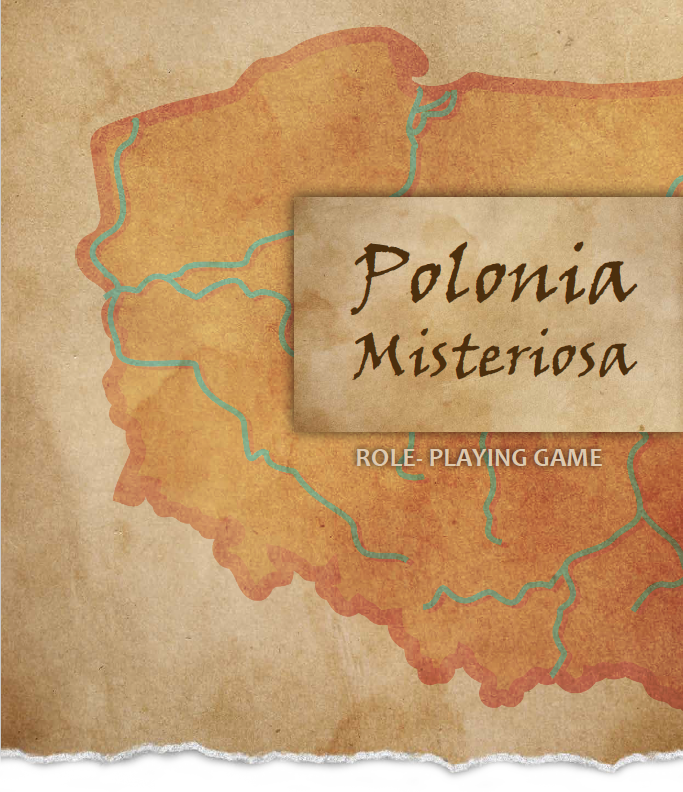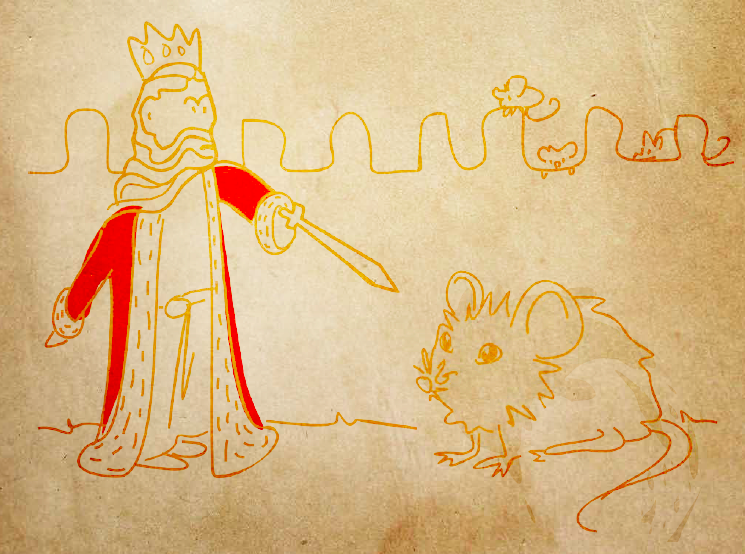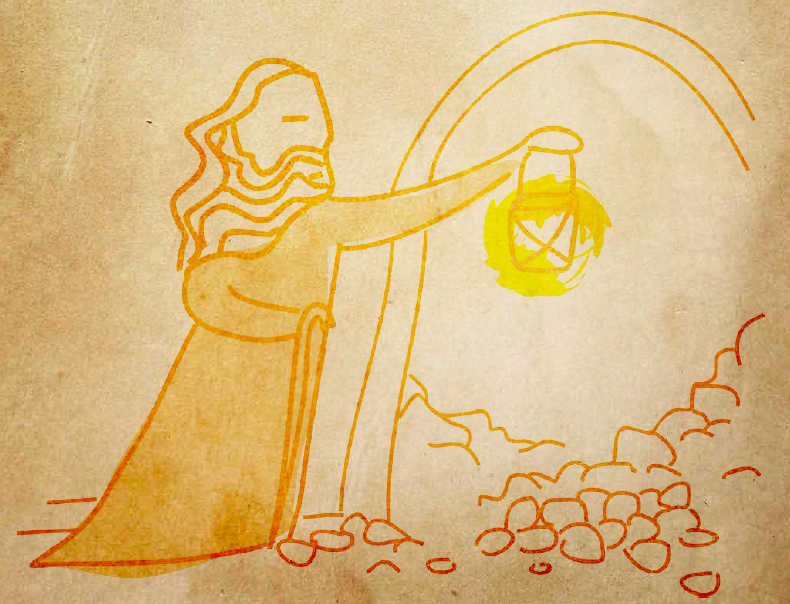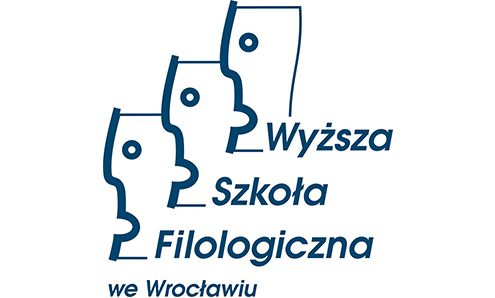Knowledge, skills (abilities) and social attitudes
-
Knowledge:
- - the vocabulary and structures typical of B1 English proficiency level in accordance with CEFR
- - principles of speaking and writing in English at the B1 proficiency level
- - basic cultural phenomena characteristic of Poland
- - some Polish legends and fairy tales
- - basic facts about Polish history and geography
- - communicate in speech and writing in English at the B1 proficiency level in accordance with CEFR
- - understand the main ideas of complex spoken and written texts on both abstract and concrete topics
- - narrate a story, relate the plot of a novel, short story or film - summarize the most important events of a story, film etc.
- critically assess of his/her English language competence but simultaneously take full advantage of his/her skills, however limited
- respect his/her own cultural heritage and learn more about it
- respect the heritage of other countries and learn about other languages and cultures
- be open to various forms of communication
The student (game participant) knows and understands:
Skills (abilities)
The student (game participant) is able to:
Social attitudes
The student is ready to:









